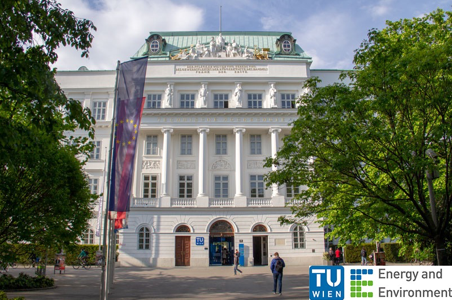The University of Vienna’s wiki space informs about Austrian activities related to ACTRIS under the following link: https://wiki.univie.ac.at/display/ACTRIS
The University of Vienna’s wiki space informs about Austrian activities related to ACTRIS under the following link: https://wiki.univie.ac.at/display/ACTRIS
The Institute of Electrical Measurement and Sensor Systems (EMS) at Graz University of Technology significantly contributes to the ACTRIS network through advanced sensing technologies for aerosols and gases. The Sensor Systems and Sensor Physics, and Photonic Sensors groups specialize in developing adapted measurement systems for environmental monitoring, air quality assessment, traffic pollution measurement, and icing cloud characterization.
Their research includes technologies such as photoacoustic spectroscopy, condensation particle counters, optical particle detection, and electrical particle detection. EMS operates a well-equipped aerosol reference laboratory with state-of-the-art instruments like the Jing miniCAST, TSI SMPS, and custom-made aerosol generators. They focus on improving aerosol and gas sensors for specific environments, such as traffic-related emissions and environmental trace gas quantification through laser-based techniques like TDLAS and PAS.
EMS also advances cloud characterization, particularly the measurement of liquid and ice water content in clouds, supported by in-house calibration tools. Their capabilities extend to complete sensor system design, including signal processing, hardware design, and system calibration.
Role in ACTRIS:
Retrievals:
Contact:
Univ.-Prof. Mag.rer.nat. Dr.rer.nat. Alexander Bergmann
Institute of Electrical Measurements and Sensoric
alexander.bergmann@tugraz.at
https://www.tugraz.at/en/institutes/ems/research/sensor-systems-and-sensor-physics-group
https://www.lens-horizoneurope.eu/
https://structured-matter.com

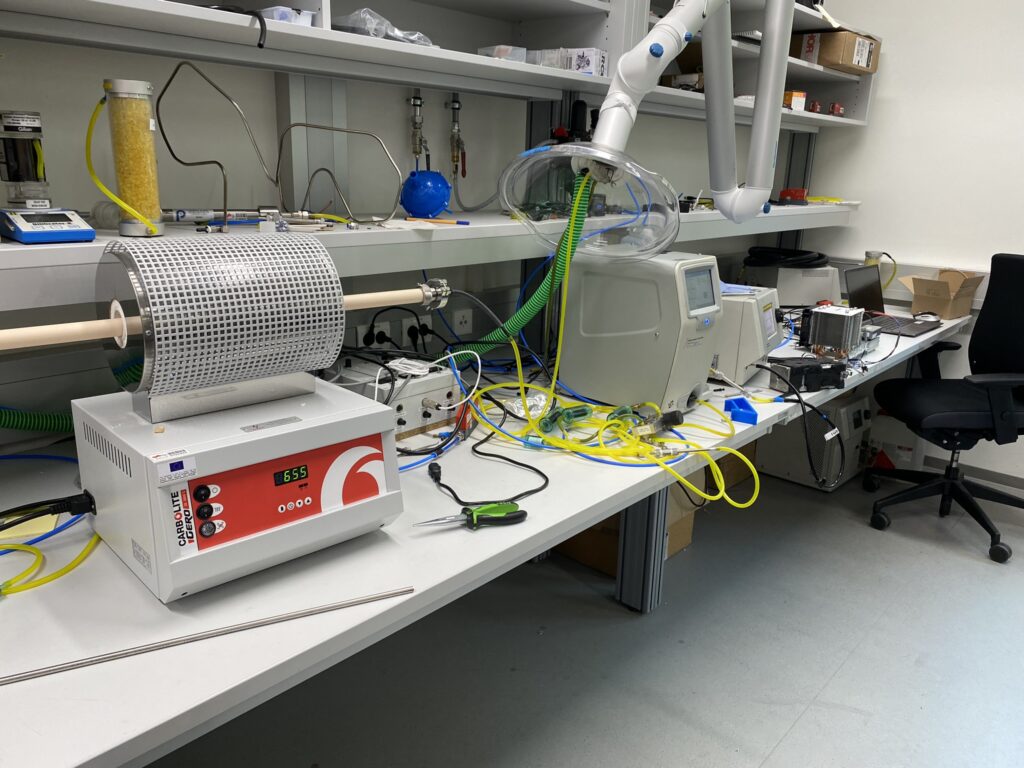
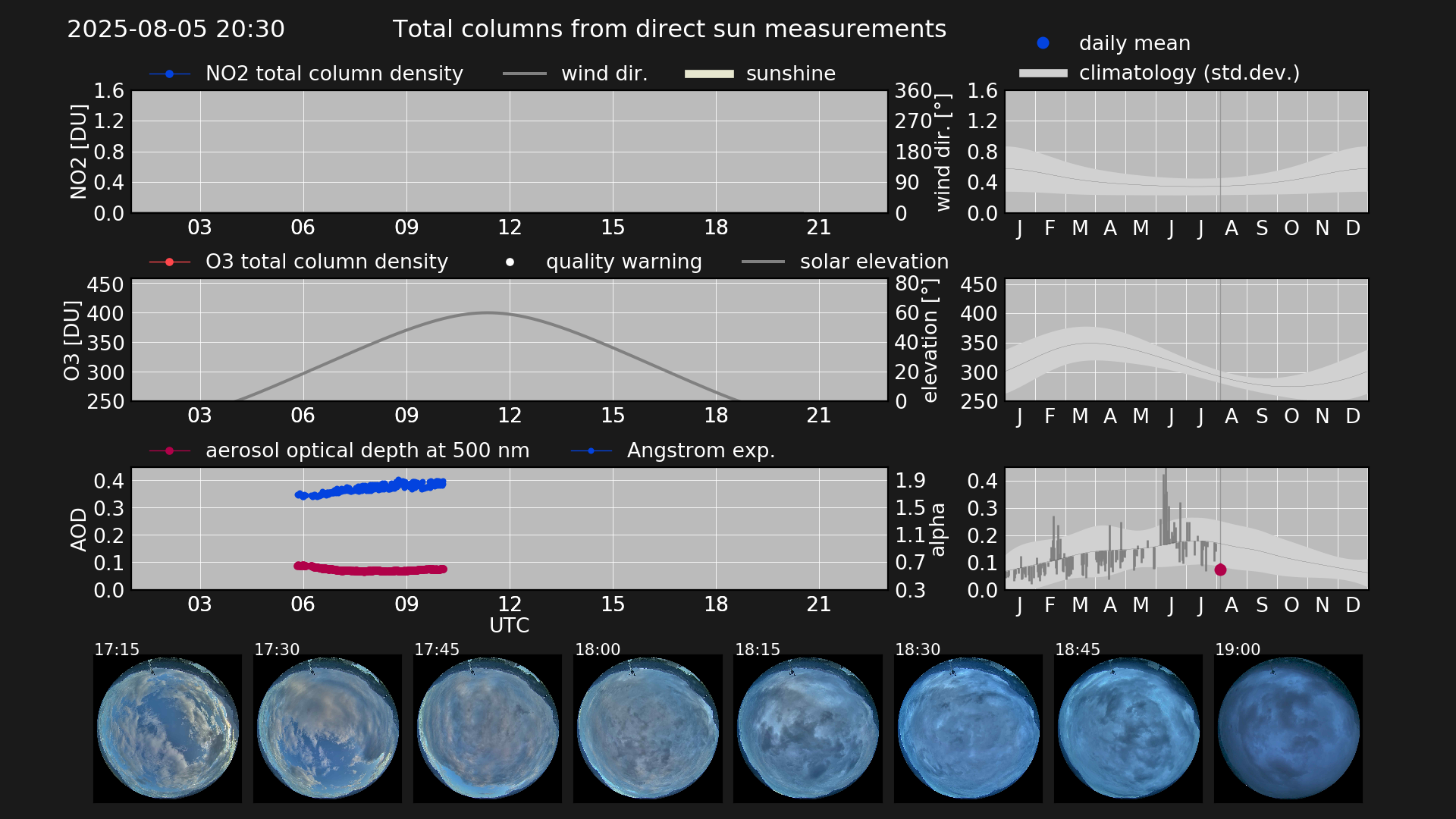
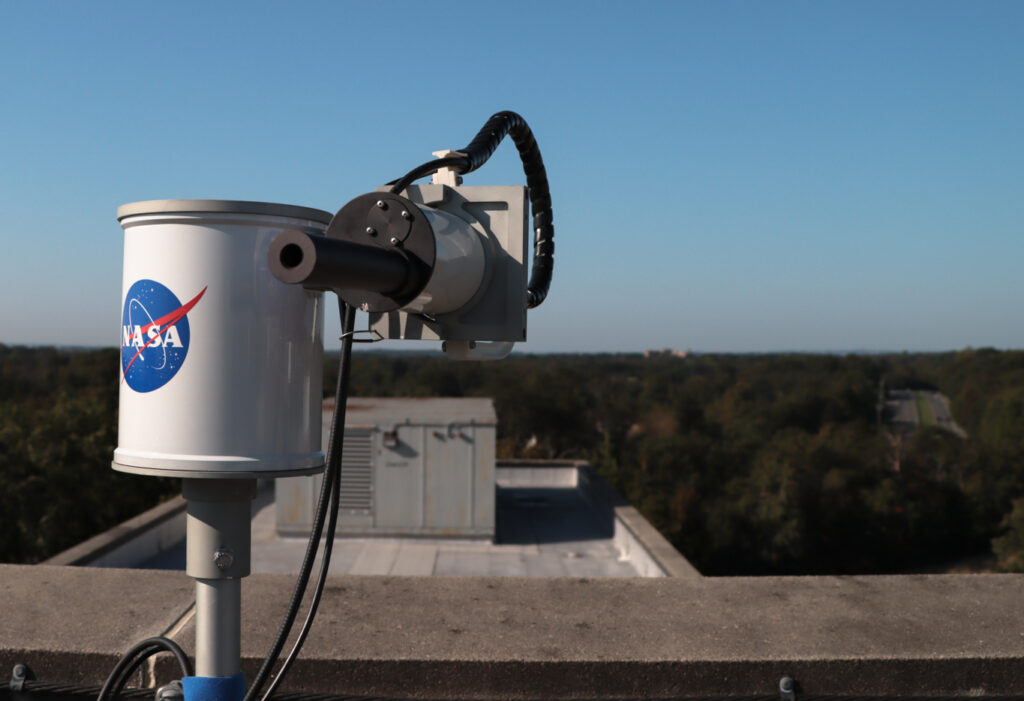
Pandora – measuring reactive trace gases (e.g.: NO2 and O3)
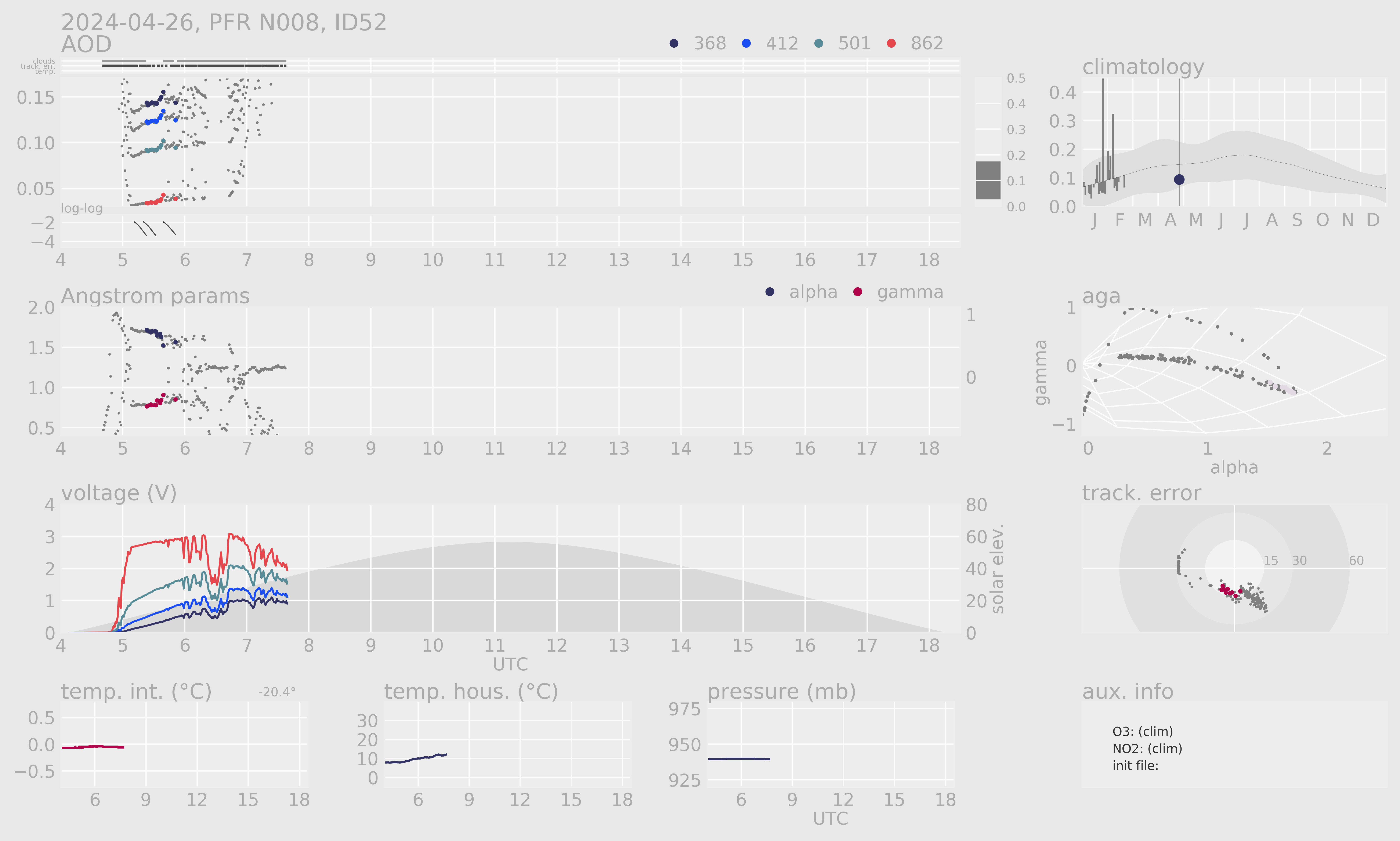
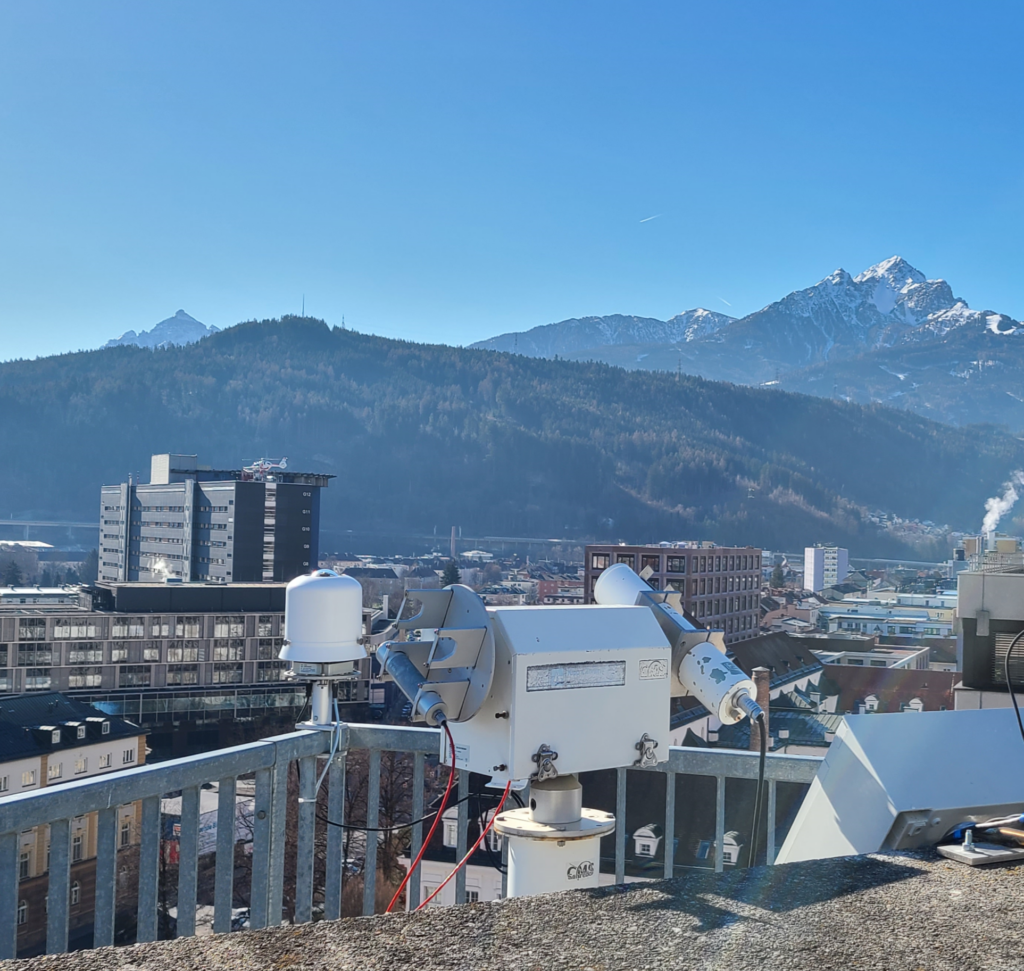
PFR – Sun Photometer measuring aerosol optical depth (AOD)
LuftBlick (founded in 2012) is an internationally operating science and engineering company located at Kreith, near Innsbruck, Austria.
Our core business is atmospheric remote sensing in the ultraviolet, visible and near-infrared, with data management and instrument hosting. Our expertise includes design of ground-based and satellite-instrumentation, development of instrument control software, laboratory and field calibration, retrieval algorithms for atmospheric trace gases (e.g. O3, NO2), instrument network hosting, operational network data and image processing, satellite validation support, data search and collocation, data harmonization, quality control, analysis and conversion.
LuftBlick’s key personnel has many years of experience in atmospheric research and has been serving as consultants or collaborators for institutions like ESA, NASA, the Skin Cancer Foundation, or Lockheed Martin Advanced Technology Center.
Role in ACTRIS:
Retrievals:
Contact:
Dr. Alexander Cede alexander.cede(at)luftblick.at http://pandonia.net http://pandonia-global-network.org
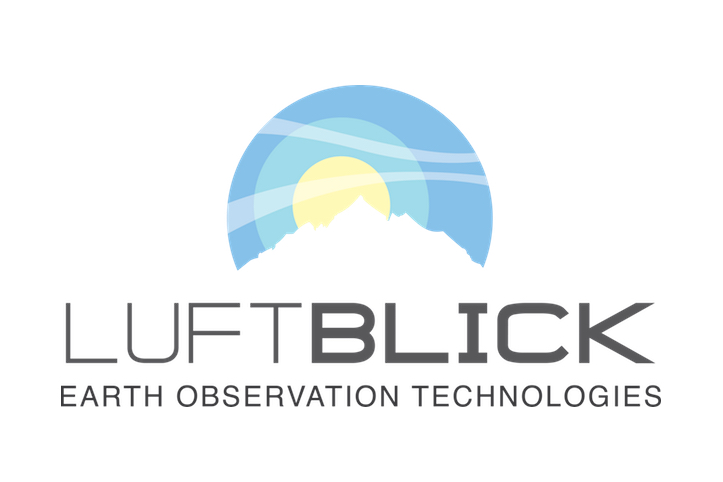
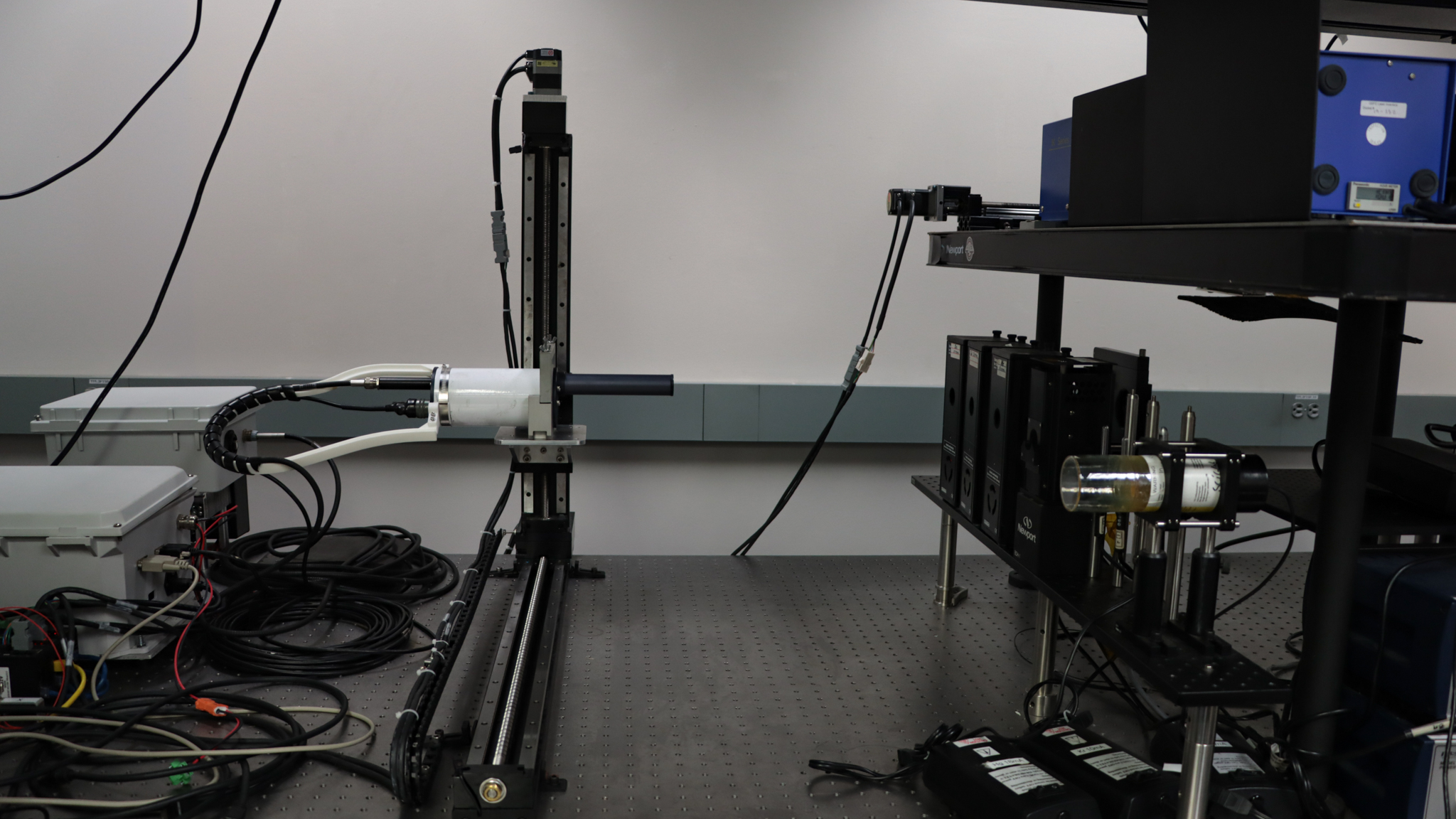
Lab calibration of a Pandora
ACTRIS connects projects carried out within the research units or groups Environmental Analytics, Physical Chemistry of the Atmosphere, Water Quality Management, Geophysics, This can be visualized via recent activities at the Sonnblick Observatory. Research at this high mountain site allows the characterization of background conditions above Europe, to identify long range transport of natural or anthropogenic pollution events and to investigate basic and applied research questions related to atmospheric processes and deposition.
Present research projects comprise aerosol characterization, ice nucleation, wet deposition and permafrost monitoring.
Role in ACTRIS:
Retrievals:
Contact:
Univ.-Prof. Dr. Anne Kasper-Giebl Institute of Chemical Technologies and Analytics anneliese.kasper-giebl@tuwien.ac.at
